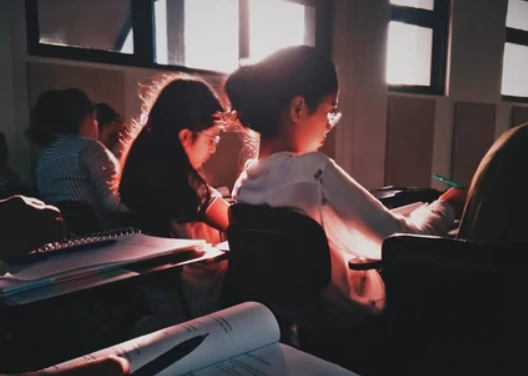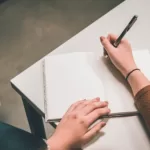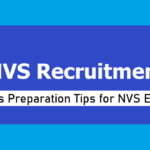Humanity is defined by its mistakes. Every human being makes mistakes, some more than others, but there is no such thing as a perfect person who never makes a mistake in life. While many students make mistakes, a significant number of them can be avoided if they pay attention to details and strive to improve in their daily lives.
Exam preparation follows the same pattern. When a pupil makes a mistake, he quickly learns from it and does not repeat his errors. While it is understandable that a student may make a lot of blunders in the beginning stages of preparation, he will improve with time.

Maths is a subject that requires an intensive amount of practice and is heavily reliant on huge calculations. Math is a subject that necessitates a great deal of practise and is heavily reliant on large calculations. In addition, it puts a student’s mental capacity to the test.
A student’s concept may be excellent, but he or she may lose marks in the main examination due to errors in his calculations. A student’s calculation ability can be improved by practising with past year papers, for example, Class 7 olympiad papers with Answers which can be accessed from the internet as.
Mistakes Students Should Avoid During Olympiad Exams
- A lack of proper concept may result in a decreasing percentage. Make sure the concepts are correct. If a student does not understand a concept, he should go over it again to understand what the theory behind it is, and if they still do not understand, they should consult a book. Uncertain concepts jeopardise one’s chances of winning a gold medal in the international mathematics Olympiad.
- During the examination, a student must avoid melting under pressure or giving in to pressure. This is not so much a mistake as it is a psychological issue that can only be improved if a student can maintain his or her calm and composure. This is usually the result of practise in a real-world examination setting. While practising, a home-based simulation of the environment can be created. This is to ensure that a student does not spend more time than necessary. As mentioned earlier in this article, a student should limit his or her use of calculators.
- When practising questions from the various sources available to a student, he or she must refrain from using a calculator to calculate the values requested. This is because if a student continues to use the calculator, he may become accustomed to it and thus calculating values manually will take a long time for him. Because the Olympiad examination does not allow the use of a calculator, it is critical for students to reduce the amount of time they spend calculating the required values by hand.
- If a student does not correctly eliminate options, he may be prone to negative marking. This is a common mistake that students must make. Attempting most of the questions may appear appealing, but it has a disadvantage in the long run because it has a high likelihood of reducing a student’s accuracy. As a result, a student should only attempt questions in the examination about which he is confident; otherwise, he should leave the question and return to it after completing the entire paper.
- Students should not be afraid to ask questions of virtually anyone who is knowledgeable about the subject. Many students are afraid to ask questions, which should not be the case if the student wants to get an excellent grade. If a student is afraid of the teacher, he can discuss his concerns with friends, or he can post the question on a public forum where experts in the field will address his concerns. A minor error in concept building can have serious consequences, so a student may as well give up his introverted nature if he wants to do well in exams. There is no other option but to talk to people and get their doubts clear.
- A student should not spend too much time thinking about a problem; otherwise, he will lose a lot of points. A student must be able to distinguish between questions based on intellectual ability and questions based solely on calculation and formulas. That being said, a student should attempt all of the easy questions first, followed by medium-difficulty questions, and finally the most difficult questions in the set. The ability to distinguish between questions comes with dedication and commitment to the subject matter.
- Limiting the number of books used for preparation is a viable choice. Using too many books at once may result in concept mismatches, and learning more than one method for a question may leave a student perplexed. During the revision leg, a student must always consider all of the alternative solutions to a question and choose only one method that he will use in the future. The method should not be overly lengthy, as this may result in an unnecessary waste of time and energy on the part of the student. As a result, it is implied that a student should consider all options before selecting the best one.
- A student might lose marks in haste. A student must not rush through the syllabus and slowly do all the chapters with a deeper understanding so that he is able to solve the difficult questions as well in the examination. The difficult questions are the ones that decide the rank of an individual so it is extremely important.
Conclusion
A student is guaranteed to do well if he manages to avoid all the mistakes that are mentioned in this article. One must consider going through this article twice and thrice to understand the significance of all the points and then implement the strategy in their day-to-day preparation.
If a student is able to follow then it might be the case that he ends up achieving a decent name for himself as well as recognition on a school level. This is really essential for building confidence at an early stage.




